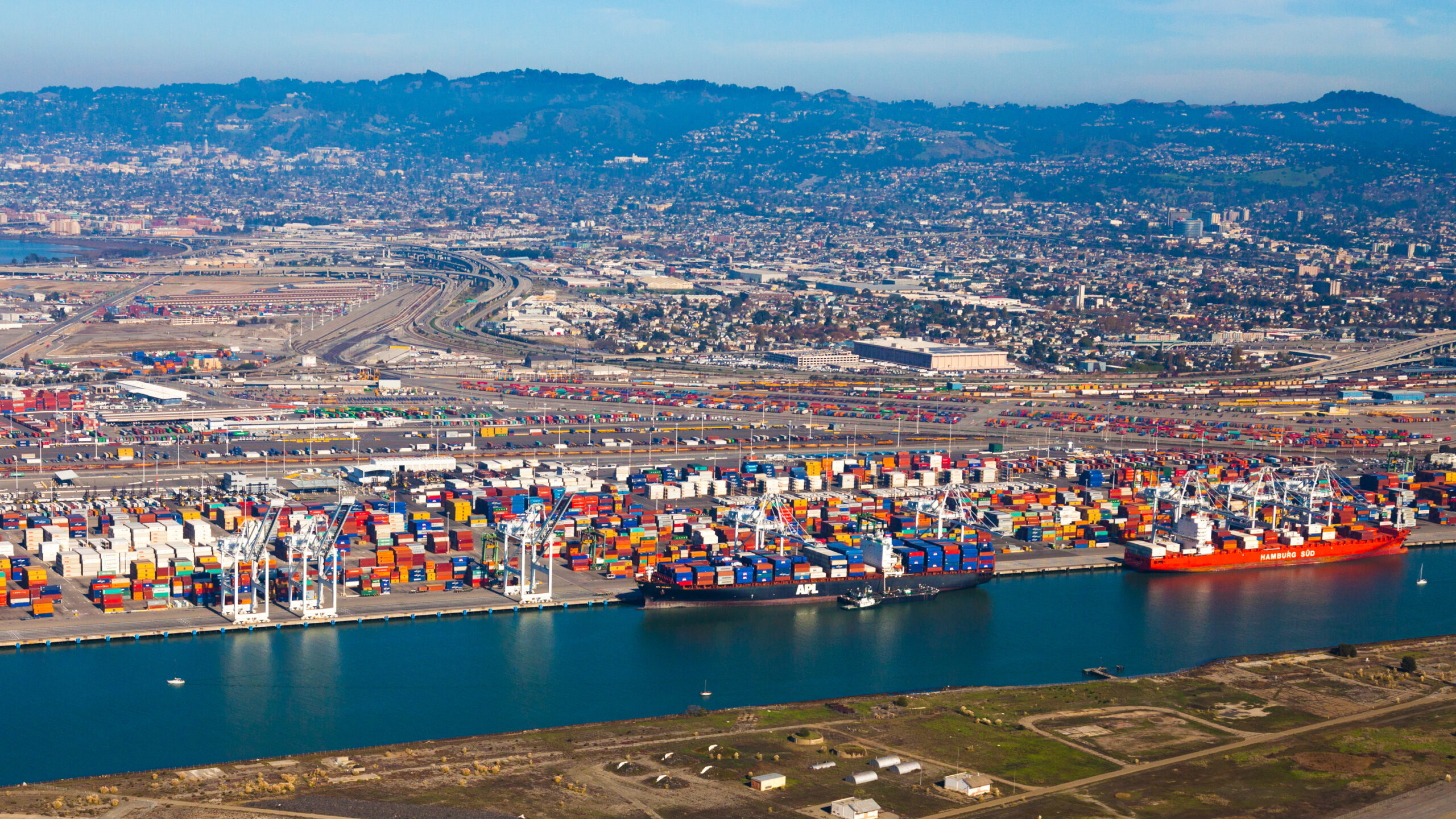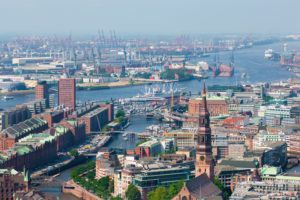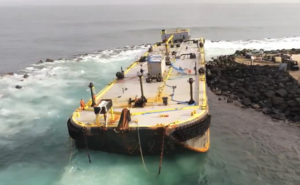The U.S. Department of Transportation’s Maritime Administration (MARAD) has revealed plans to invest nearly $580m from the Bipartisan Infrastructure Law.
The funding will go toward 31 port improvement projects in 15 states and one U.S. territory to help increase capacity and efficiency at coastal seaports, Great Lakes ports, and inland river ports.
This announcement comes on the third anniversary of the signing of the Bipartisan Infrastructure Law which included a historic $17bn to modernize U.S. ports and waterways.
“America’s ports are essential to our nation’s supply chains, and thanks to the Biden-Harris Administration, we have projects underway all across the country from Long Beach to Milwaukee to Monroe—that are making it possible for our ports to move more goods each year and keep costs down for families,” said U.S. Secretary of Transportation Pete Buttigieg.
The funding comes from MARAD’s Port Infrastructure Development Program (PIDP), which received $2.25bn from the Bipartisan Infrastructure Law to improve port infrastructure to meet the nation’s freight transportation needs.
The program provides planning support, capital funding, and project management assistance to improve the capacity and efficiency of ports in both urban and rural areas.
Through the Bipartisan Infrastructure Law, the Biden-Harris Administration has announced investments in 580+ port and waterway projects to strengthen supply chain reliability, speed up the movement of goods, reduce the costs of everyday items, and lower carbon emissions, according to the U.S. department of transportation statement.
“Approximately 2.3 billion short tons of goods move through U.S. waterways each year, and the benefits of developing port infrastructure extend far beyond the maritime sector. This funding enhances the flow and capacity of goods moved, bolstering supply chain resilience across all transportation modes, and addressing the environmental and health impacts on port communities,” noted Maritime Administrator Ann Phillips.



